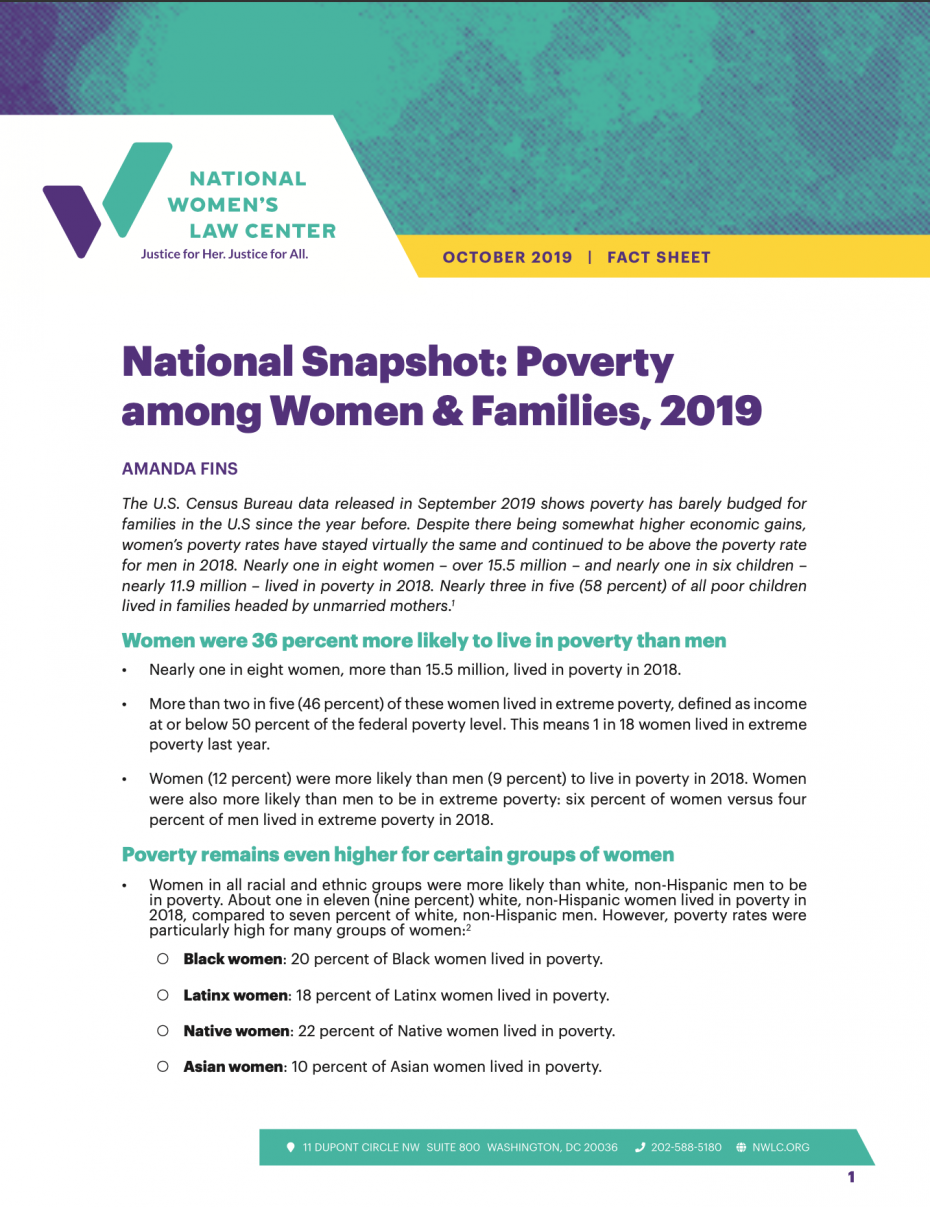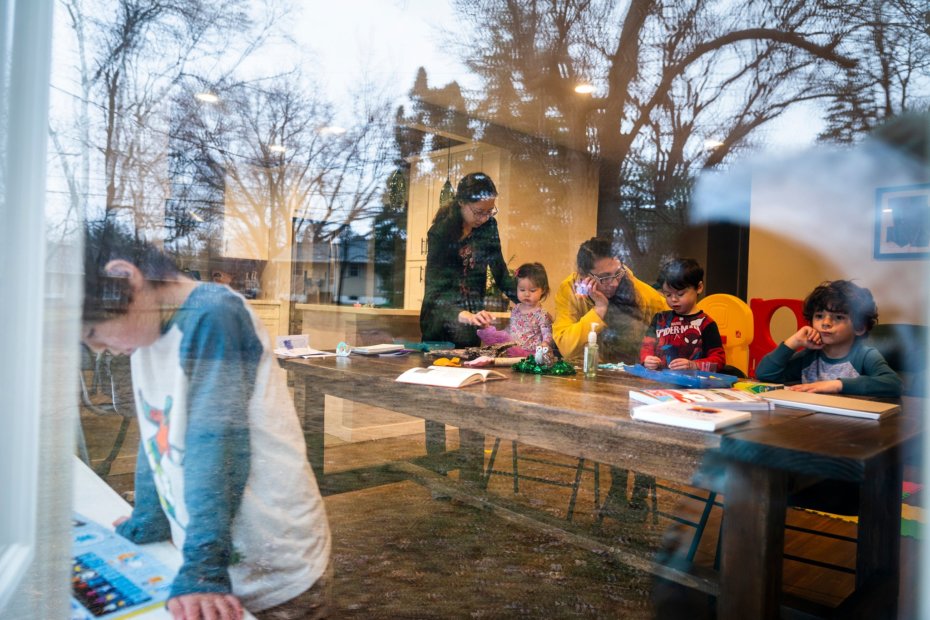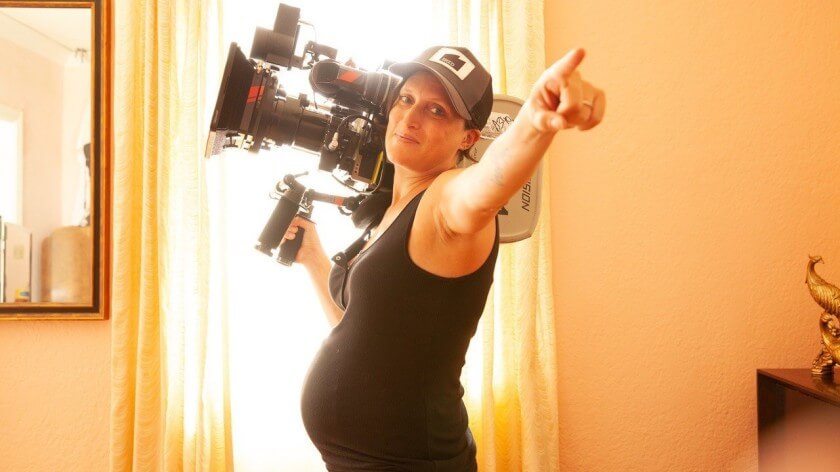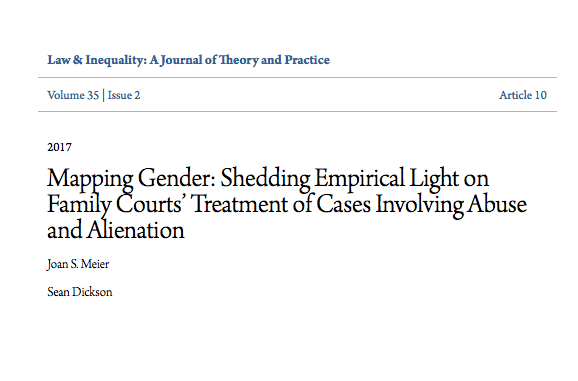The impact of Covid-19 on gender equality
The economic downturn caused by the current Covid-19 outbreak has substantial implications for gender equality, both during the downturn and the subsequent recovery. Compared to ‘regular’ recessions, which affect men’s employment more severely than women’s employment, the employment drop related to social distancing measures has a large impact on sectors with high
female employment shares. In addition, closures of schools and daycare centers have massively increased child care needs, which has a particularly large impact on working mothers. The effects of the crisis on working mothers are likely to be persistent, due to high returns to experience in the labour market. Beyond the immediate crisis, there are opposing forces which may ultimately promote gender equality in the labour market.
Ninety percent of Iceland’s women walked off the job in 1975, and the country came to a halt
When 90 percent of Icelandic women refused to work, and the country fell into chaos, they had succeeded.
On Friday, October 24, 1975, telephone lines went down; families scrounged for food; theaters cancelled performances; even the following day’s newspaper was half its average length. On an island with just 220,000 inhabitants, the country simply could not go on without the help of women.
One year after the strike, Iceland formed the Gender Equality Council and passed the Gender Equality Act against discrimination in the workplace. Four years after that, Finnbogadottir was elected president. She called Women’s Day Off a watershed moment for women’s emancipation, and she stood as one of its major symbols of progress. “The finger was pointed at me and I accepted the challenge,” she recalled.
4 Important Ways Men Benefit From The Gender Equality Conversation
We hear a lot in the media about the changes we need to make as a society to create a level playing field for women.
Men are now discovering there is something in this for them as well. Addressing gender equity in leadership not only removes disadvantages for women, but for men as well.
Nearly Half of Men Say They Do Most of the Home Schooling. 3 Percent of Women Agree.
Home schooling, the new parental chore brought about by coronavirus lockdowns, is being handled disproportionately by women, according to a new poll by Morning Consult for The New York Times. Fathers don’t necessarily agree — nearly half of those with children under 12 report spending more time on it than their spouse — but just 3 percent of women say their spouse is doing more. Eighty percent of mothers say they spend more time on it.
The Impact of COVID-19 on Gender Equality
The economic downturn caused by the current COVID-19 outbreak has substantial implications for gender equality, both during the downturn and the subsequent recovery. Compared to “regular” recessions, which affect men’s employment more severely than women’s employment, the employment drop related to social distancing measures has a large impact on sectors with high female employment shares. In addition, closures of schools and daycare centers have massively increased child care needs, which has a particularly large impact on working mothers. The effects of the crisis on working mothers are likely to be persistent, due to high returns to experience in the labor market. Beyond the immediate crisis, there are opposing forces which may ultimately promote gender equality in the labor market. First, businesses are rapidly adopting flexible work arrangements, which are likely to persist. Second, there are also many fathers who now have to take primary responsibility for child care, which may erode social norms that currently lead to a lopsided distribution of the division of labor in house work and child care.
Hollywood working moms and the brutal conflict between family and career
Nearly every mother in Hollywood has a horror story.
There was the time screenwriter and showrunner Aline Brosh McKenna was 8½ months pregnant and a studio executive joked, “I guess today would be a bad day to punch you in the stomach.” There was the time Nisha Ganatra, director of the upcoming Mindy Kaling film “Late Night,” went on a scouting trip to India when she was a new mom and found herself driving around the country in a van “with 15 dudes,” pumping breast milk in “a woodshed in the middle of a desert and an outhouse behind a restaurant.” There was the time a dream job offer fell through for Oscar-nominated “Mudbound” cinematographer Rachel Morrison because producers panicked that she’d be going back to work a few weeks after giving birth — something she was willing to do to help realize one of the most exciting scripts she had ever read. The experience, she says, “made me acutely aware of the prejudices in this industry, specifically in my line of work.”
Read this before you have a baby (especially if you’re a woman)
It seems so obvious: having kids affects men and women differently. Sure, emotionally and financially but most clearly in the simple way mothers and fathers spend their time. And when you actually look at how 10,900 Americans carve up 24 hours, the conclusion is pretty stark: if you’re a woman who enjoys paid work or relaxing activities, having kids will cramp your style. Being married with kids also isn’t looking like a great idea according to the numbers.
Boot Camp for New Dads
Boot Camp for New Dads® (aka Daddy Boot Camp®) is a unique father-to-father, community-based workshop that inspires and equips men of different economic levels, ages and cultures to become confidently engaged with their infants, support their mates and personally navigate their transformation into dads.
Mapping Gender: Shedding Empirical Light on Family Courts’ Treatment of Cases Involving Abuse and Alienation
This article provides a brief literature survey, focusing on the theory of “parental alienation” which operates as a primary vehicle for making abuse invisible in custody litigation. This Article reports on the co-authors’ pilot study, which begins empirically mapping family courts’ uses of this theory. These pilot results provide preliminary empirical support for the critiques from the field.










